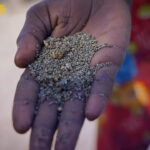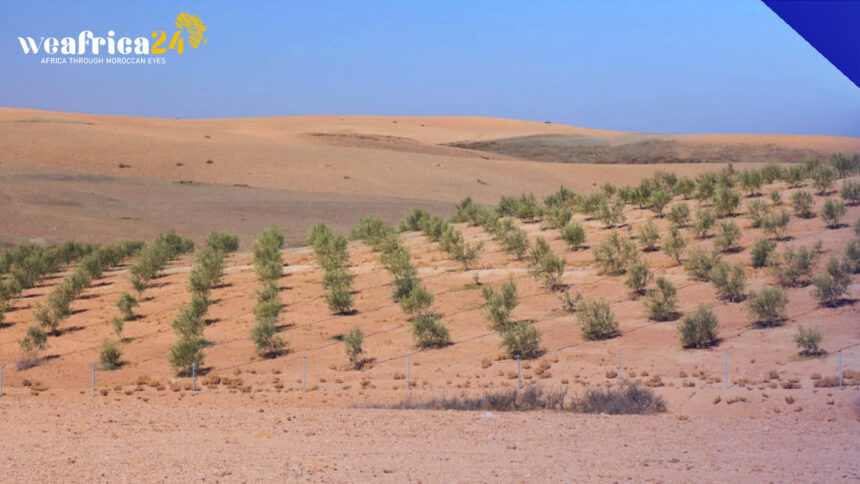The Moroccan Sahara is a region with vast potential for agricultural development. Despite its arid climate and challenging geographical conditions, Morocco has made significant strides in transforming this desert landscape into fertile farmland. Through innovative irrigation techniques, sustainable farming practices, and government support, the agriculture sector in the Moroccan Sahara has experienced remarkable growth. This article explores the impressive development of agriculture in the region, highlighting its socioeconomic impact and the lessons it offers for other arid regions around the world.
Harnessing Water Resources
One of the key factors contributing to the agricultural success in the Moroccan Sahara is the strategic utilization of water resources. With limited rainfall, traditional rain-fed agriculture is not a viable option. However, Morocco has invested heavily in large-scale irrigation projects, such as the Foum El Oued Dam and the Smara Dam, which have transformed the desert into an oasis of productivity. These projects utilize advanced techniques like drip irrigation and groundwater extraction to maximize water efficiency and reduce wastage. By channeling water from underground reservoirs and nearby rivers, farmers in the Moroccan Sahara can cultivate crops even in the most challenging conditions.
Diversification of Crops
Morocco has successfully diversified its agricultural production in the Sahara region, moving beyond the traditional cultivation of date palms. Farmers now grow a wide range of crops, including fruits, vegetables, cereals, and forage crops. The introduction of modern farming techniques and the use of high-quality seeds have boosted productivity and enabled the cultivation of crops that were previously deemed unfeasible in the arid climate. Additionally, the adoption of agroforestry practices, combining crops with trees, has provided additional benefits such as shade, erosion control, and enhanced soil fertility.
Sustainable Farming Practices
To ensure long-term sustainability and environmental stewardship, the Moroccan government has actively promoted sustainable farming practices in the Sahara region. Initiatives such as promoting organic farming, implementing soil conservation measures, and encouraging the use of renewable energy sources have minimized the ecological footprint of agriculture in the region. The cultivation of drought-resistant crops, along with the introduction of agroecology principles, has reduced water consumption and minimized the reliance on chemical inputs, leading to healthier soils and more resilient farming systems.
Socioeconomic Impact
The development of the agriculture sector in the Moroccan Sahara has had a significant socioeconomic impact on the region. It has created employment opportunities, improved livelihoods, and reduced rural poverty. Smallholder farmers, cooperatives, and agribusinesses have emerged, contributing to local economic growth and attracting investment. Additionally, the increased agricultural productivity has enhanced food security, reducing dependence on imports and ensuring a stable supply of fresh produce for both local consumption and export markets.
Lessons for Arid Regions
The success of the agriculture sector in the Moroccan Sahara holds valuable lessons for other arid regions facing similar challenges. By investing in modern irrigation techniques, diversifying crops, and adopting sustainable practices, these regions can unlock the untapped potential of their land. Collaborative efforts involving governments, farmers, researchers, and international organizations are essential to provide the necessary expertise, resources, and funding to drive agricultural development in arid areas.
The remarkable development of the agriculture sector in the Moroccan Sahara serves as a shining example of how innovative approaches and sustainable practices can transform arid regions into flourishing agricultural landscapes. By harnessing water resources, diversifying crops, and promoting sustainable farming techniques, Morocco has overcome the challenges posed by the arid climate, unlocking economic opportunities, improving livelihoods, and ensuring food security. The success of this agricultural transformation offers hope and inspiration to other regions grappling with similar constraints, demonstrating that even the harshest environments can be cultivated to foster prosperity and sustainable development.







